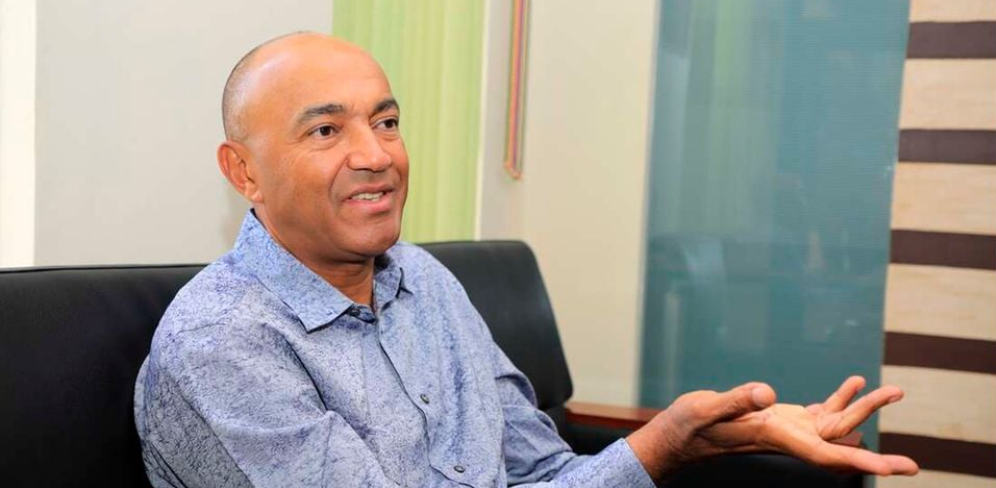Former 2013 presidential candidate Peter Kenneth has urged leaders to embrace the debate on increasing the number of constituencies to balance the number of voters in each one, which would also ensure fairness in the overall population distribution.
Kenneth, who served as an Assistant Minister in the Ministry of National Planning during President Mwai Kibaki’s administration (2002-2013), stated that “constituencies are a key factor in the allocation of national resources.”
Speaking in Kirwara on Saturday, Kenneth, who also served as Gatanga MP, said the current resource allocation system is flawed.
“Although there are various proposed solutions, the only viable way to succeed is by increasing the number of constituencies,” Kenneth said.

He noted that many disputes arise from bursary allocations and development funds.
Kenneth explained that the main flaw lies in giving all constituencies equal funds without considering the population size in each area.
For example, he said that Ruiru constituency, with over 200,000 voters, receives the same allocation as a constituency with only 10,000 voters.
“To bridge this gap, we should consider the debate on equalizing the number of voters in each constituency so that development funds can be represented by more MPs,” he said.
He criticized the current debate on resource allocation based on population as lacking transparency and potentially driven by political agendas for the 2027 elections.
“I see no transparency in this debate. It seems some politicians are pursuing a 2027 agenda without genuine concern for the citizens’ interests, aiming instead to create political rivalries,” he said.
Kenneth pointed out that factions have emerged around Deputy President Rigathi Gachagua, President William Ruto’s allies in the Mount Kenya region, and Azimio la Umoja One Kenya Alliance supporters, who have publicly disagreed on the resource allocation system.
“One thing to eliminate from this debate is the notion that Mount Kenya is the only region disadvantaged by the current system,” he said.
He highlighted that 18 counties are listed as not receiving fair allocations.
“These counties are Nairobi, Kiambu, Nakuru, Kakamega, Bungoma, Meru, Kilifi, Machakos, Kisii, Mombasa, Uasin Gishu, Narok, Kisumu, Migori, Murang’a, Homa Bay, Kitui, and Kajiado,” he said.
Kenneth noted that out of these counties, only five are in the Mount Kenya region.
“The remaining 13 are in other regions. This debate can be seen as inciting conflict between the 18 disadvantaged counties and the remaining 29, which is not right,” he said.
He added that “the main problem is that the fiercest battles over this system are centered in the Mount Kenya region, portraying us as self-serving, while in reality, they are not participating openly in these discussions.”
Kenneth maintained that if those with larger populations but underrepresented constituencies unite to first secure fair representation, the debate would cease to be divisive.
“I urge that we first establish the Independent Electoral and Boundaries Commission (IEBC) to eventually appoint commissioners who will oversee the review of boundaries across the country, and then these 18 counties should present their grievances,” he said.







More Stories
Kenya, India inks pact to enhance technological cooperation
Parents Urged to Enroll Children in Technical Colleges for Job Market Readiness
APA Agents Shine as APA Insurance Secures Top Accolades at 2024 AKI Awards